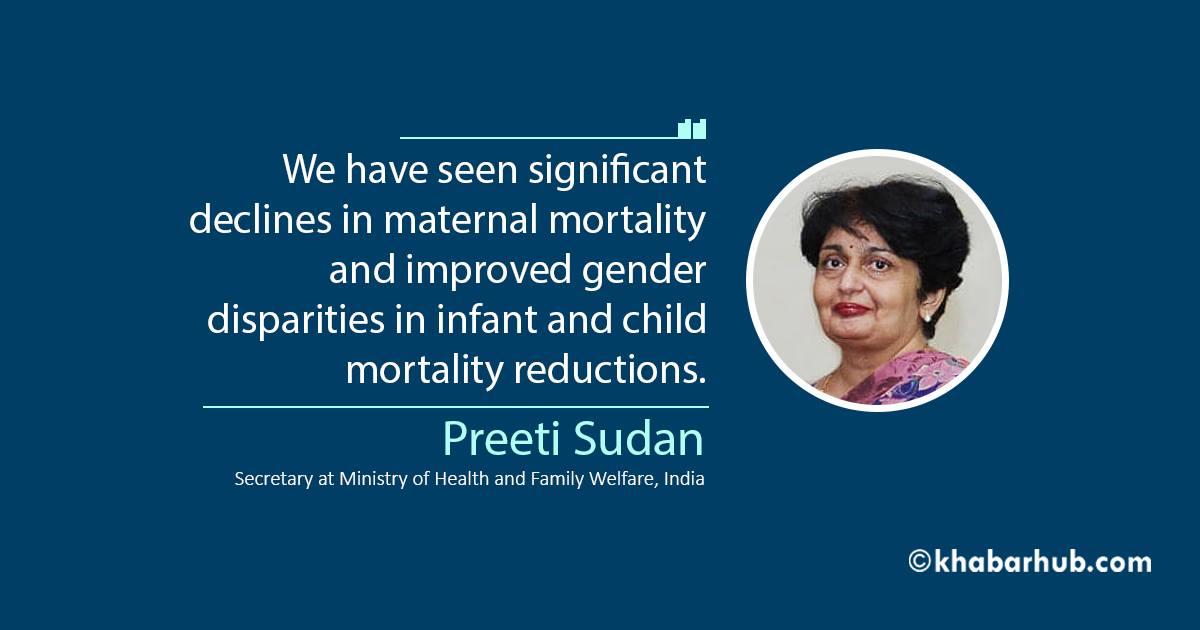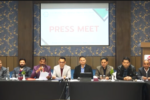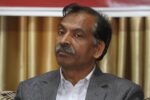India’s drive to provide universal, affordable and equitable health care reflects the commitment articulated in our national health policy and sustainable development goals. Our aim is to increase equitable access to health care for women and men.
In the area of maternal and reproductive health, we have seen significant advances. We have seen significant declines in maternal mortality and improved gender disparities in infant and child mortality reductions.
The maternal mortality ratio in India has reduced to 122 in 2015-17 from 178 in 2010 -11 while the infant mortality rate has declined from 50 in 2011 to 33 in 2019. With this, we have registered higher rate of decline compared with the global trends.
These achievements reflect the success of policies designed to deliver services close to home, minimizing access, economic and cultural barriers for women and children. And yet, we know that there are many structural barriers in women’s access to health care. In the last two decades, investments in health services were targeted towards maternal, new-born, child health and reproductive health services.
Sustained investments in government health systems and public health facilities have enabled equity in access for childbirth related services particularly among the poorer quintiles, reduced barriers that women face in obtaining care and improved coverage of preventive services such as immunization.
Such investments span expansion of infrastructure, additional human resources, strengthened outreach services, providing entitlements and assured services for maternal new-born and child health, involving private practitioners and incentivizing quality improvements.
These initiatives include country wide implementation of Janani Suraksha Yojana (JSY), Janani Shishu Suraksha Karyakram (JSSK – so far, more than 1.04 crore women delivered in Government health facilities in 2019-20), Pradhan Mantri SurakshitMatritva Abhiyan (PMSMA), etc. Government has recently launched the Surakshit Matritva Aashwasan (SUMAN) with the commitment to provide assured, dignified, respectful and quality healthcare, at no cost and zero tolerance for denial of services, for every woman and newborn.
Changing demography and epidemiology across the country,demand that preventive, promotive and treatment strategies for chronic care are urgently needed. The Global Burden of Disease estimates suggest that the leading killers of women worldwide, including in India, are increasingly related to ischaemic heart disease and stroke.
The transition towards a higher burden of chronic diseases with co-morbidities needs a paradigm shift in addressing such diseases among women in the reproductive age group and beyond. In the endeavor to improve women’s health, Ayushman Bharat offers us a ray of hope.
AB’s two components, namely the Health and wellness centers, (AB-HWC), that offer universal, free, primary health care, and the Pradhan Mantri Jan Arogya Yojana, (PMJAY) providing secondary and tertiary hospital care to the vulnerable, have specific design strategies to reduce gender discrimination in health care.
While we know that there is excess mortality among women as compared to men, the extent of gender disparity in access to care-seeking other than obstetrics and gynecology s exemplified in several studies.
The gender disparities in access combined with a rise in chronic disease signify the need to reorganize service delivery even while we address other barriers related to women’s health. Population Based Screening,prevention and management including treatment and referral for common Non-Communicable Diseases (NCDs) such as hypertension, diabetes, oral, cervical and breast cancers, through functional AB-HWCs,are aimed at improving access for women and men.
Reliable reports from visits of functional AB-HWCs show that a Sub Health Centre providing services throughout the day, supplemented by intensified outreach, and delivered through a primary health care team, consisting of a new cadre of Community Health officer (CHO), and one or two Multi-Purpose workers, with the ASHAs, has led to more footfalls than hitherto seen in these very same facilities. And we have seen this in the relatively short time-frame of 24 months.
In addition to a million ASHAs and over 800,000 Female multipurpose workers across the country, we now have over 10,000 female CHOs at the Sub Health Center level AB-HWCs, representing 67% of the total.
Increased numbers of female providers at AB-HWCs not only provide increase in employment opportunities for women, but also enable increased care seeking by women.
Evidence from reporting data of nearly 32,300 AB-HWCs highlight that more women than men access the HWC. 55% of reported outpatient footfalls in functional AB-HWCs are women.
These Centers have reportedly done about 1.11 Crore screenings for Breast Cancer and 73.44 lakh screenings for cervical cancer in Women.
Making health care accessible and affordable for women has also resulted in a fundamental design shift in PMJAY. Learning from failure of past insurance programs where a cap on family size had the potential of denying care for women, PMJAY has removed the cap on family size, minimizing the opportunity for male capture of hospital entitlements.
About 48% of total authorized hospital admissions receiving benefits of hospital care under PMJAY are women. Universal Health Coverage cannot be achieved without making women full beneficiaries of access to information and services and addressing social and environmental determinants of women’s health.
Large scale efforts such as Beti Bachao-Beti Padhao, Ujjwala, and the Swacch Bharat Mission play a significant role in responding to such determinants.
Ayushman Bharat offers us a significant opportunity to do more and do better for women’s health- we need to do all we can to use this opportunity well.
(Authored by Preeti Sudan, Secretary, Ministry of Health and Family Welfare (MoHFW), New Delhi, Vandana Gurnani, Additional Secretary and Mission Director, NHM, MoHFW and Dr Rajani Ved, Executive Director, National Health Systems Research Centre (NHSRC), MoHFW, New Delhi)
(Views expressed in this article are the author’s own and do not necessarily reflect Khabarhub’s editorial stance).









Comment